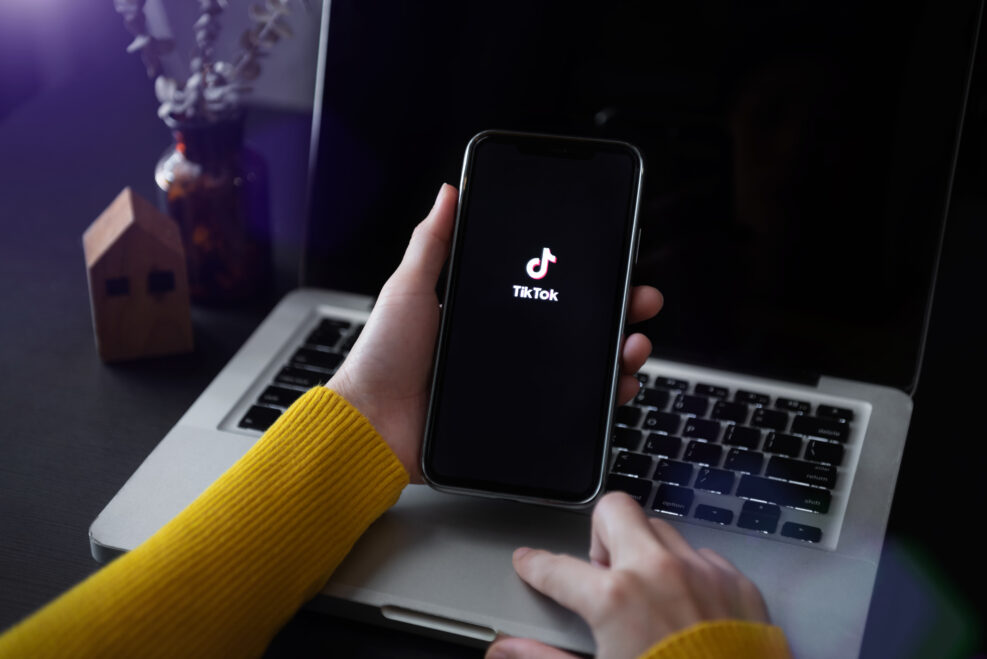
The Dark Side of Instagram
An investigative report shows that Instagram algorithm promotes pedophilia networksIt’s an unfortunate fact that sex trafficking and pedophilia rings have benefitted from the invention of the internet. Even worse, Meta‘s Instagram is amplifying the problem – not because Meta wants to, of course, but because the algorithm promotes the activity. The Wall Street Journal did an investigative report in partnership with a team from Stanford University on Instagram’s promotion of pedophilia rings, with Jeff Horwitz and Katherine Blunt writing, Pedophiles have long used the internet, but unlike the forums and file-transfer services that cater to people who have interest in illicit content, Instagram doesn’t merely host these activities. Its algorithms promote them. Instagram connects pedophiles and guides them to content sellers via recommendation systems that excel at linking those Read More ›


















